A village plants 111 trees whenever a girl is born, creating a thriving forest symbolizing growth, life, and equality.
In a small village in India called Piplantri, an amazing tradition has been born.
Every time a girl is born, the villagers plant 111 trees in her honor.
This unique practice started in 2006 and has grown into a beautiful way to celebrate life and nature.
The village plants 111 trees for each girl is born
The story of this tradition began when the village leader, Shyam Sundar Paliwal, lost his daughter.
In her memory, he decided to plant a tree. This act of love inspired him to create a program that would not only honor girls but also help the environment.
Shyam wanted to make sure that girls in his village would have a bright future. Thus, the tradition of planting trees for every girl was born.

Why 111 trees?
In Indian culture, the number 111 is considered lucky. It symbolizes success and prosperity.
Therefore, when a baby girl is born in Piplantri, the villagers come together to plant 111 trees.
This act celebrates the arrival of the girl and shows the community’s commitment to her future.
Each year, around 60 girls are born in the village. As a result, thousands of trees have been planted over the years.
Currently, there are about 350,000 trees growing around Piplantri, making it a greener place.
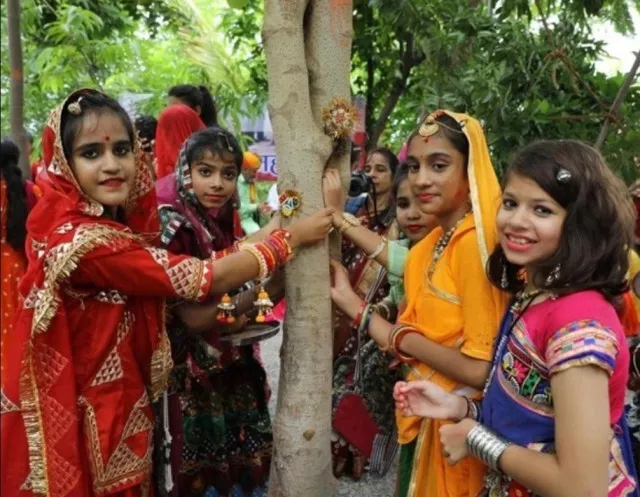
Benefits of the trees
The trees do much more than just beautify the village. They provide food, energy, and income for the residents.
The villagers plant various types of trees, including mango, neem, and amla.
These trees not only help the environment but also create a sustainable economy for the 8,000 people living in Piplantri.
Moreover, the trees help improve air quality and increase water levels in the area.
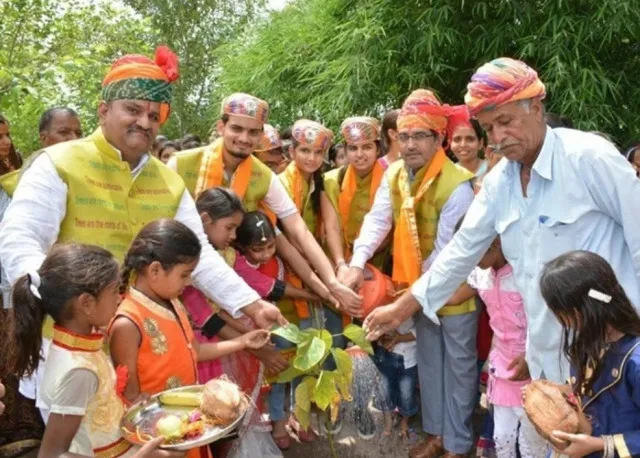
This is essential for wildlife and for maintaining a healthy ecosystem.
The villagers take great care of the forest, ensuring that it thrives and continues to benefit the community.
Piplantri ensures girls’ futures through financial support initiatives.
In addition to planting trees, Piplantri has a unique financial program for newborn girls.
For each girl born, the village collects a sum of 31,000 rupees (about $400).
This money is saved and can only be accessed when the girl turns twenty.
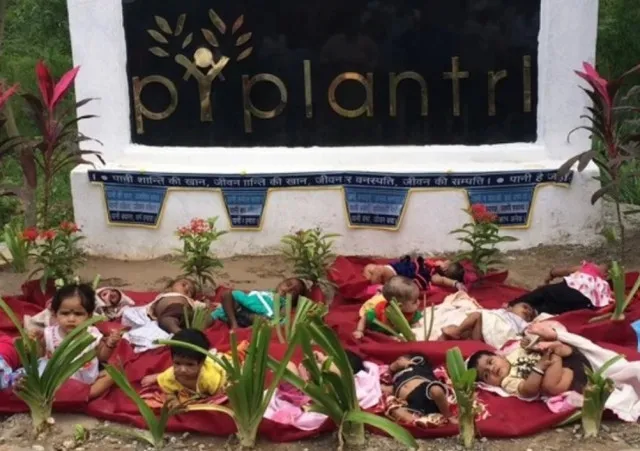
This tradition helps families see their daughters not as financial burdens, but as valuable members of the community.
The villagers believe that every girl should receive a proper education before getting married.
To ensure this, parents sign an agreement stating their daughters will not marry until they finish school.
This commitment helps fight against traditional views that often see girls as less important than boys.
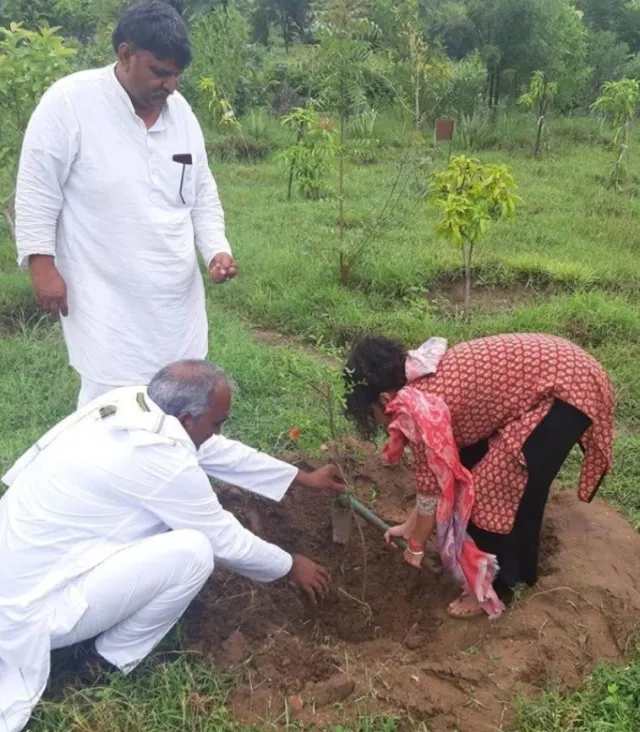
The tradition has inspired communities to prioritize sustainability and gender equality.
Over the years, Piplantri has become famous for its eco-friendly and gender-positive practices.
Many people from different parts of India and beyond have visited the village to learn about this beautiful tradition.
The villagers have shown that it is possible to celebrate life while also caring for the planet.
Women in Piplantri also take part in traditional festivals, such as Raksha Bandhan.
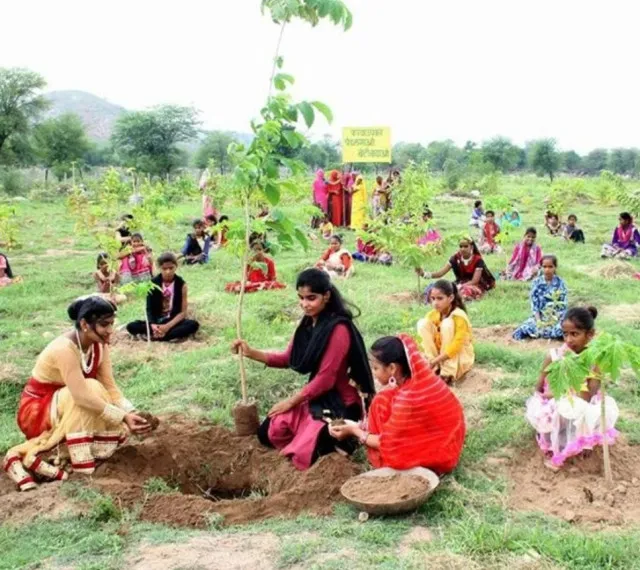
During this celebration, they tie bracelets around trees as a symbol of protection, showing their deep connection to nature.
This practice adds another layer to their commitment to the environment.
The story of Piplantri village is not just about planting trees; it is about creating a supportive and loving community.
This tradition teaches us that we can find ways to honor and celebrate all lives, especially those that have been historically undervalued.